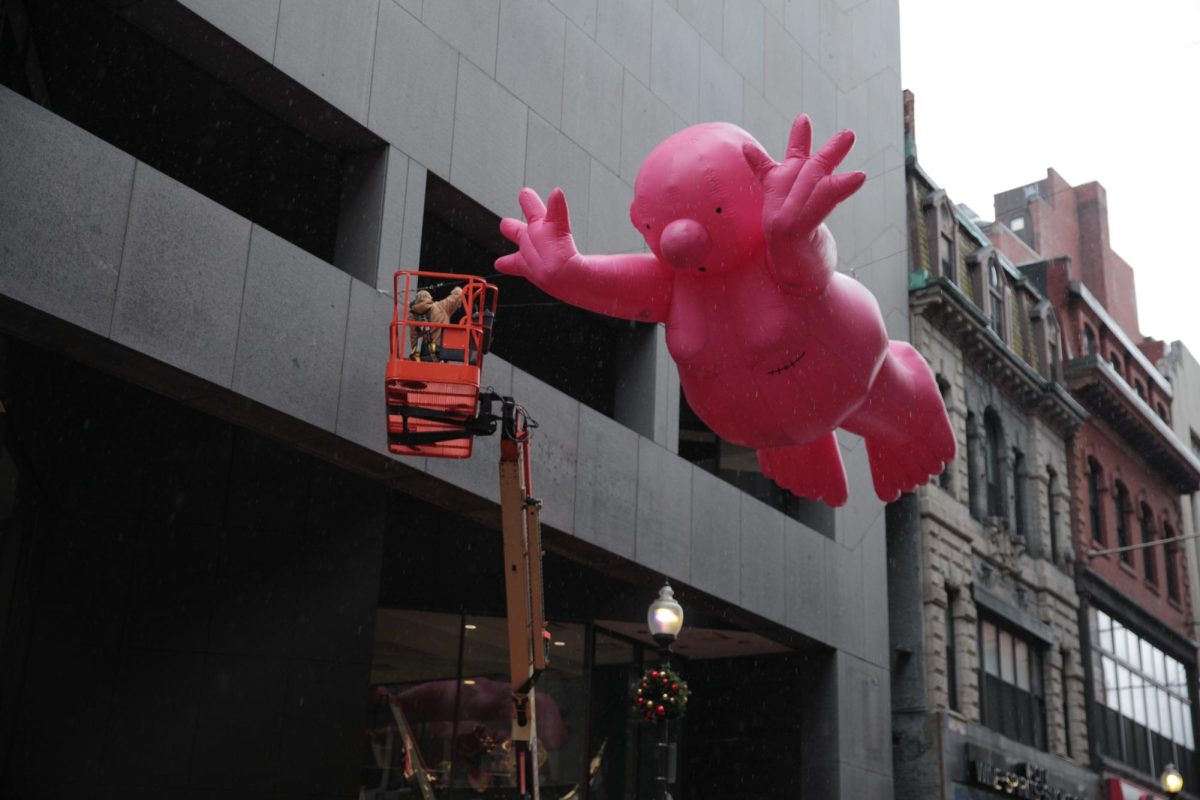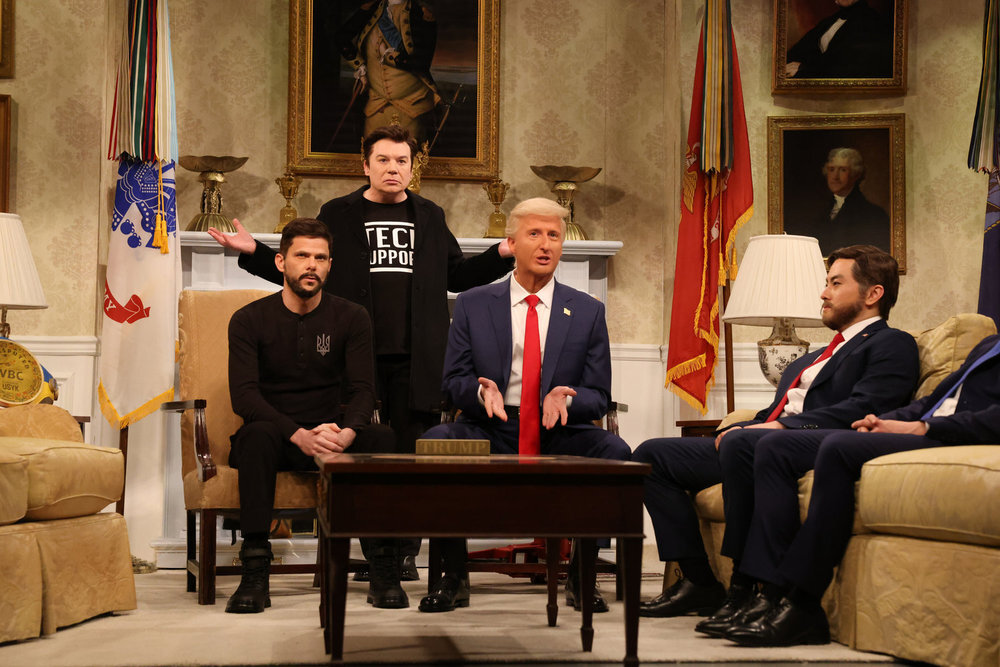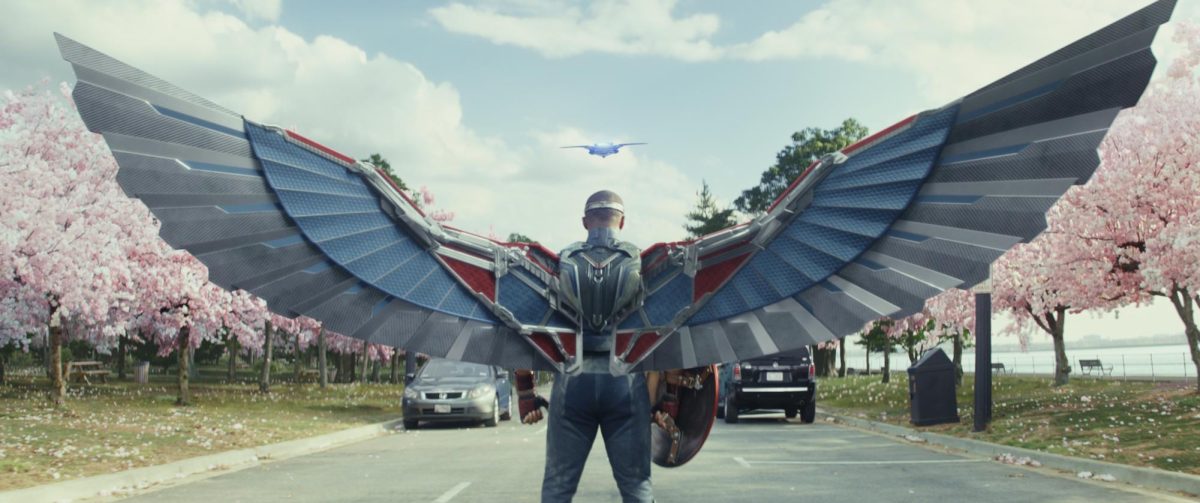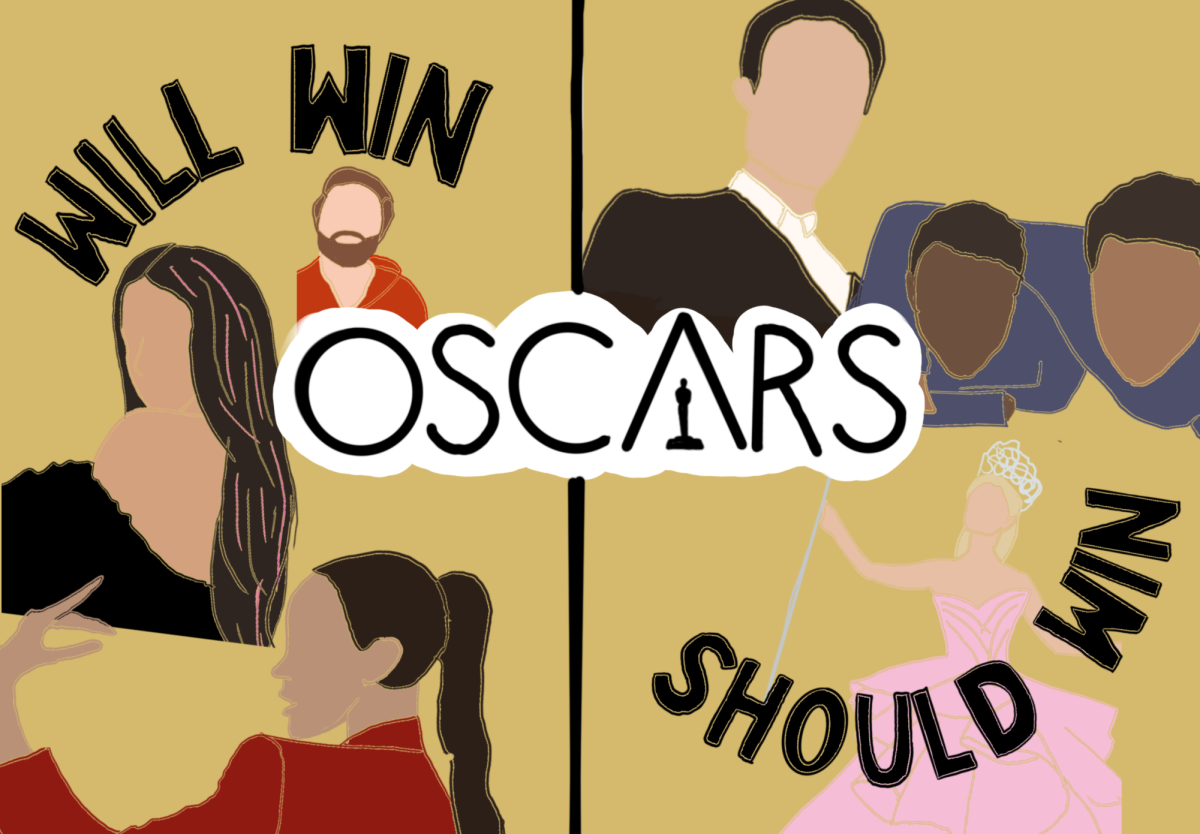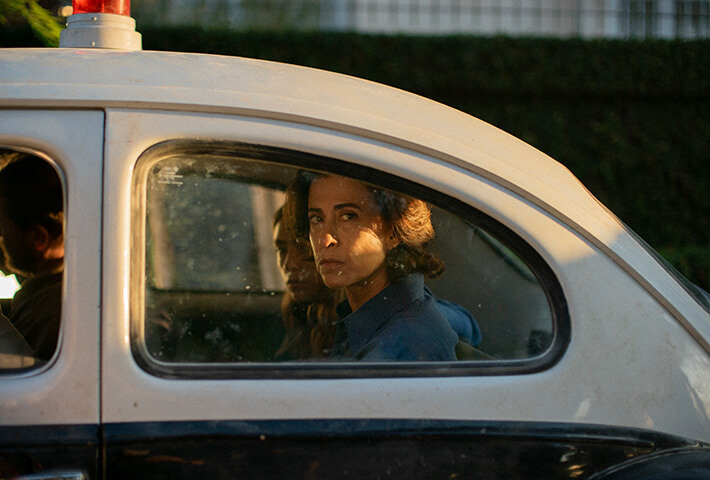By Andy Robinson, News Correspondent
The speculation of what was going to be the last episode of the NBC sitcom, “The Office,” had the every-sitcom-finale stink all over it. Old cast members coming back. A wedding. “One year later.” And the show itself was built for a clip show ending. God knows fans eat and drink YouTube compilations of Jim faces and Dwight moments. And a program that hails itself for catering to the fans is always risky business. The fans don’t know what’s good for the show; they only know what’s good for them. But the finale delivered. Oh boy did it deliver. For all a show about a mid-level paper company can be, it delivered side-splitters and waterfalls that brought the series to a warm, cozy close.
The episode is set a year in the future. It’s been one year since the last episode where we saw Jim and Pam rekindle their romantic flame, one year after Andy “the Nard Dog” Bernard left the paper business for good to pursue a life of fame. We find the oddball beet farmer Dwight Schrute was finally promoted (this time for good) to the position of manager. The cold open holds nothing back. Right off the bat we find out Stanley is retiring and Kevin and Toby are being fired. Kevin is fired for legitimately not being good at his job, to which the whole office uncomfortably agrees, and Toby is fired for just being Toby, which the entire office comfortably accepts. This, in a way, tripped fans off their feet because if there was ever a predictable episode, it was going to be this one. But firing by frosting? Couldn’t call that one.
The surprises, thankfully, didn’t end there. Office cool kids Kelly and Ryan literally run off into the sunset. Erin finds her birth parents. Andy turns his tragic audition at an a capella American Idol spin-off into a whole-hearted win. Meredith’s son shows up as a stripper at Angela’s bachelorette party. There’s so much crammed into this extended episode (1 hour and 15 minutes) that they could have easily developed each one into independent episodes. Creed Bratton, the weirdly tuned out old man, plays an original tune called “All the Faces” that poignantly closes the Scranton saga. It’s an uneven balance of emotions. More tears than laughs.
“The Office” suffered through a lot of criticism for its last two seasons. When Steve Carell left two years ago as central character Michael Scott, thus leaving a vacancy in the boss’s chair, the show stumbled to find a replacement and a focus. They tried out various big names like Will Ferrell, Kathy Bates and James Spader and then finally settled on series regular Ed Helms.
Guest stars are not what made this show so great. It’s the little looks and oddball office antics that forever remain the show’s bread and butter. “Who’s going to replace Michael Scott?” was a question that took two years to answer. It was easy to lose faith in the series, but those who watch any long-running program should know that not every episode is a hit. And you have to give it to the writers for waiting nine years before devoting a whole episode to paper airplanes. You’d think that would have been out in the first or second season.
The story of Jim and Pam has become synonymous with the story of love itself, and it was a love story you wished was your own. It’s tremendously sad to see it come to a close. Jim started out as just a guy with a crush on a girl who was engaged. It’s an everyman story. His tireless efforts to win over Pam took years. Years. And we saw it all. Every little wink and nod, note and prank. “There’s only one thing that outweighs every other concern,” Jim tells Dwight when he’s trying to decide whether to propose to Angela or not. “One thing that will make you give up on everything you thought you knew. Every instinct, every rational calculation.” Dwight asks, “Some sort of virus?” Jim replies, “Love.”
Pam was equally good at the rhetoric. In the finale she calls her love story something that is better than a fairy tale. It’s like, “A long book that you never want to end. And you’re fine with that because you just never ever want to leave it.”
The same can be said of the series.
The ballad of manager Michael Scott was the stuff of white collar legend. To see him come back for one last “That’s what she said!” was almost too much. Fans wanted so badly for Carell to make a comeback. So, so badly. But everyone surrounding this show denied, denied and then denied again the very thought of Carell making any kind of appearance. From press agents making eloquent denials to the cast members on the late night talk show circuit flat out saying “no sir.” But this was all smoke and mirrors. Yes, if you haven’t heard by now or seen it online, yes, the great Michael Scott makes a comeback. It’s a short comeback. Carell has said in the past that he believed his exit from the show was tastefully done and that he didn’t want to overshadow the rest of the cast’s last hurrah. But don’t worry, you see him just long enough to get a nice Michael Scott fix.
We watch sitcoms for entertainment and above all else, for escape. Consider this, though: for the past eight years, fans chose to escape into a paper company office in northeastern Pennsylvania, an area made popular by its use of electric street lights. Can you imagine anything more mundane? Its eight years are a testament to how relatable the show was. No other show captured what it’s like to live out each day doing the same old thing, whistling the same old tune and just being ordinary. Then you start wishing your ordinary white collar life was this interesting. After all the office pranks, sales calls, meetings and painfully slow engagements, you realize that your own ordinary life was that interesting and maybe even beautiful too. Like Pam says in the series’ final line, there is, “a lot of beauty in ordinary things. Isn’t that the point?”



